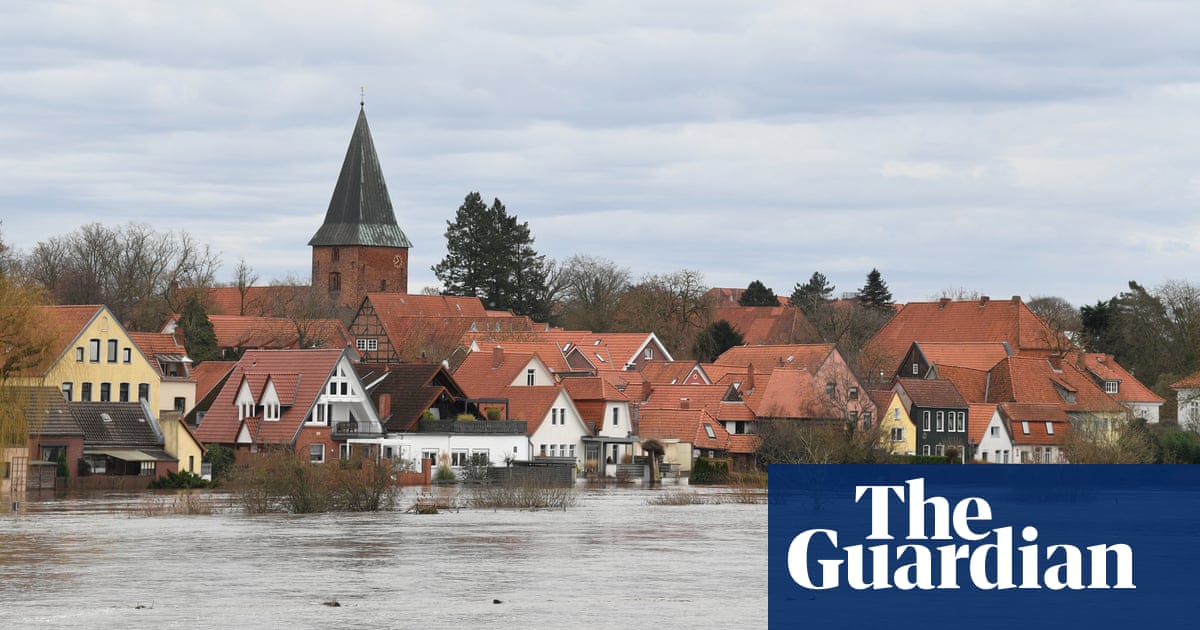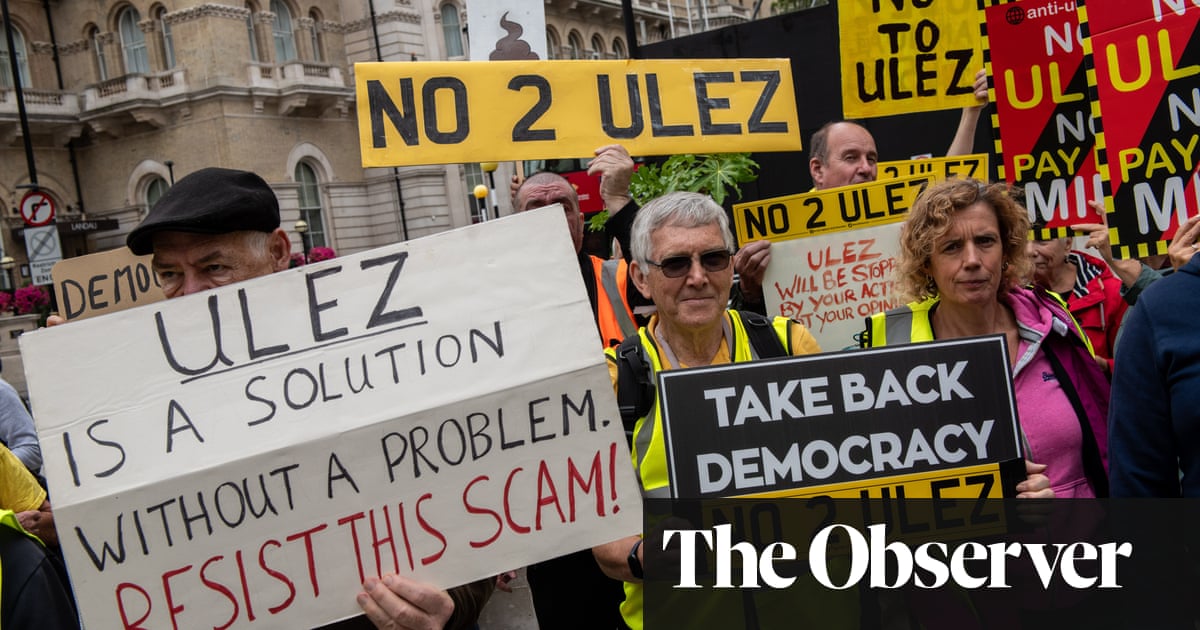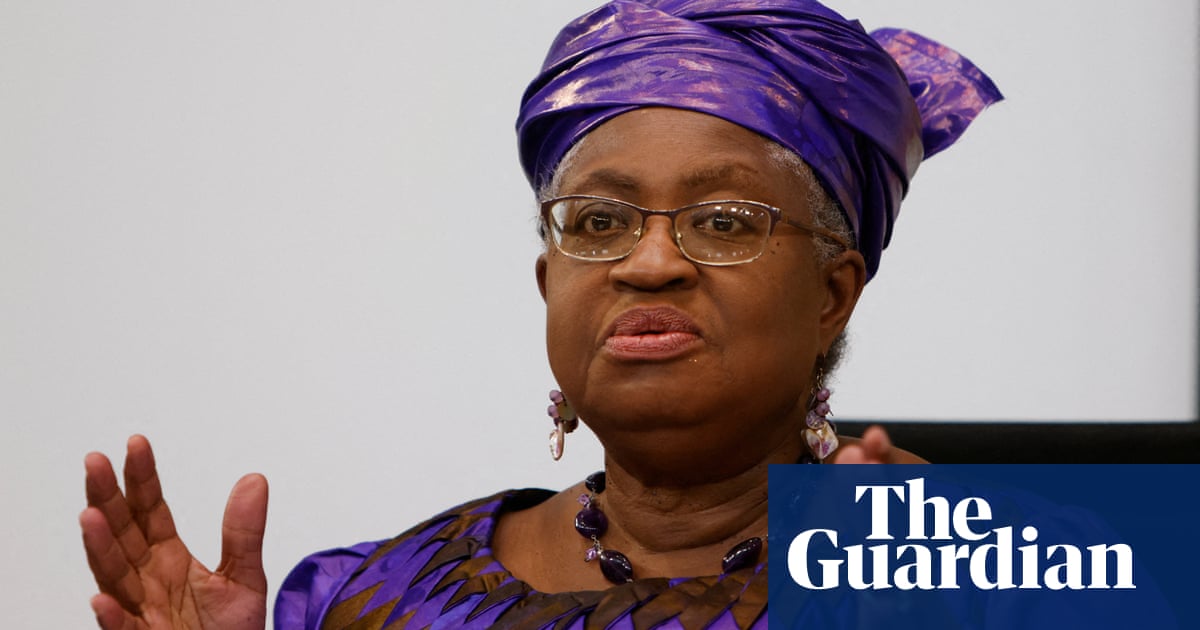
Europe’s climate chief has warned against politicians trying to use the climate crisis as a wedge issue in the forthcoming EU parliament elections, calling instead for climate policy that will bring wider economic benefits.
Wopke Hoekstra, the EU commissioner for climate action, said Europe had no choice but to press ahead with strong measures to cut greenhouse gases, whoever was in power, but added that more attention was needed to help businesses thrive in a low-carbon world.
He said: “There is no alternative than to continue with climate action. We need to continue in the direction of travel we have set. We need to speed up our pace.”
Rightwing parties are forecast in polls to do well in the election, to be held from 6 to 9 June, largely at the expense of the Greens and socialist parties. Protests by farmers in EU capitals have attacked climate policies, and some rightwing parties have stepped up anti-green rhetoric.
Hoekstra maintained that policies to tackle the climate crisis must be a key focus, and were needed for Europe to thrive economically. “That is what the next commission should be all about: continued climate action, mitigation [of greenhouse gases], but I think also, more than in the past, about adaptation [to extreme weather] and a just transition [to a low-carbon economy].”
He cited recent extreme weather events, including floods in eastern Europe and Germany, as examples of the human and economic tolls the climate crisis was already taking, which must be tackled, and said Europe also needed to forge ahead in the global economic race to create low-carbon technology. “To those who might have reservations on climate action, how needed it is, [I say] it is not only a matter of nature, it also a matter of geopolitics and, in the end, finance.”
Hoekstra said he did not see the backlash against climate action in Europe that some on the right have tried to claim. “Eighty per cent of EU citizens articulate that they have significant worries about what is happening to our climate,” he said.
He denied that Ursula von der Leyen, the president of the European Commission, was turning away from climate action, as some critics have claimed. “I would say it’s rather the contrary. I don’t know a single example in the domain of climate where we have watered anything down.”
He added that greater emphasis was needed on the economic consequences of policies to phase out fossil fuels, for instance on energy prices, jobs and industrial competitiveness.
“We have three pillars to this part of our future: climate action; competitiveness for our companies; and a just transition for our people. What we need to acknowledge is that we cannot have one without the others … a one-dimensional solution will not do.”
To be successful, said Hoekstra, politicians would have to ensure that people could see the benefits of cutting emissions, by providing retraining to those whose jobs in fossil fuel-dependent industries would disappear, and to spread the benefits of low-carbon technology. “We can make sure that there is a bright future for Europe, that there is employability, that there is re-schooling, that there is a stake in the future for everyone, particularly those who might see significant change on the work floor.”
Hoekstra also signalled he was willing to get tough with other countries, including China, which are still increasing their greenhouse gas emissions. “I can only commend the Chinese for the renewables transition in their own country. I’m way less enthusiastic about their idea to build new coal plants. As you can imagine, that is an understatement.”
China has been accused of destroying the solar panel manufacturing industries in the EU and US by generating a surplus of products that are then dumped cheaply on international markets. Hoekstra stopped short of criticising China for this directly, but said: “There is broad recognition in Europe that we need to do more to defend what is one of the cornerstones of European policy, and that is a level playing field. The European solar industry, which was among the most innovative and the most advanced and had a huge footprint, has suffered significantly in the last couple of years. This is a dialogue we need to have also with the Chinese.”
One of the remedies on which the EU has been working is a green tariff that would be charged on imports of certain high-carbon goods, such as cement, fertilisers and some metals. This would penalise imports from countries that are dependent on coal and have high emissions, with the aim of deterring companies from moving abroad to take advantage of lax climate rules in other countries, a process known as “carbon leakage”. The first stages of this carbon border adjustment mechanism (CBAM) are in place, though companies are not yet being charged.
Hoekstra said: “It is not geared to any country or company in particular. What we want to do is make sure that we don’t see any carbon leakage, and create a level playing field.
“I think that is only fair. We ask European companies to take significant action to lower their carbon footprint. But we’re living in a global world and it would be deeply unhelpful, for European companies and citizens and for the climate, if companies in Europe either go bust or leave this continent because the rules are more relaxed outside.”
Though the CBAM will not be in full operation until 2026, Hoekstra said it was already having “anticipatory” impact. “It’s amazing how in my conversations with the Chinese, but also with some of our friends in Latin America and Africa, it’s carbon markets full and centre. And how this will be a tool that sets the world more on the right pace.”











